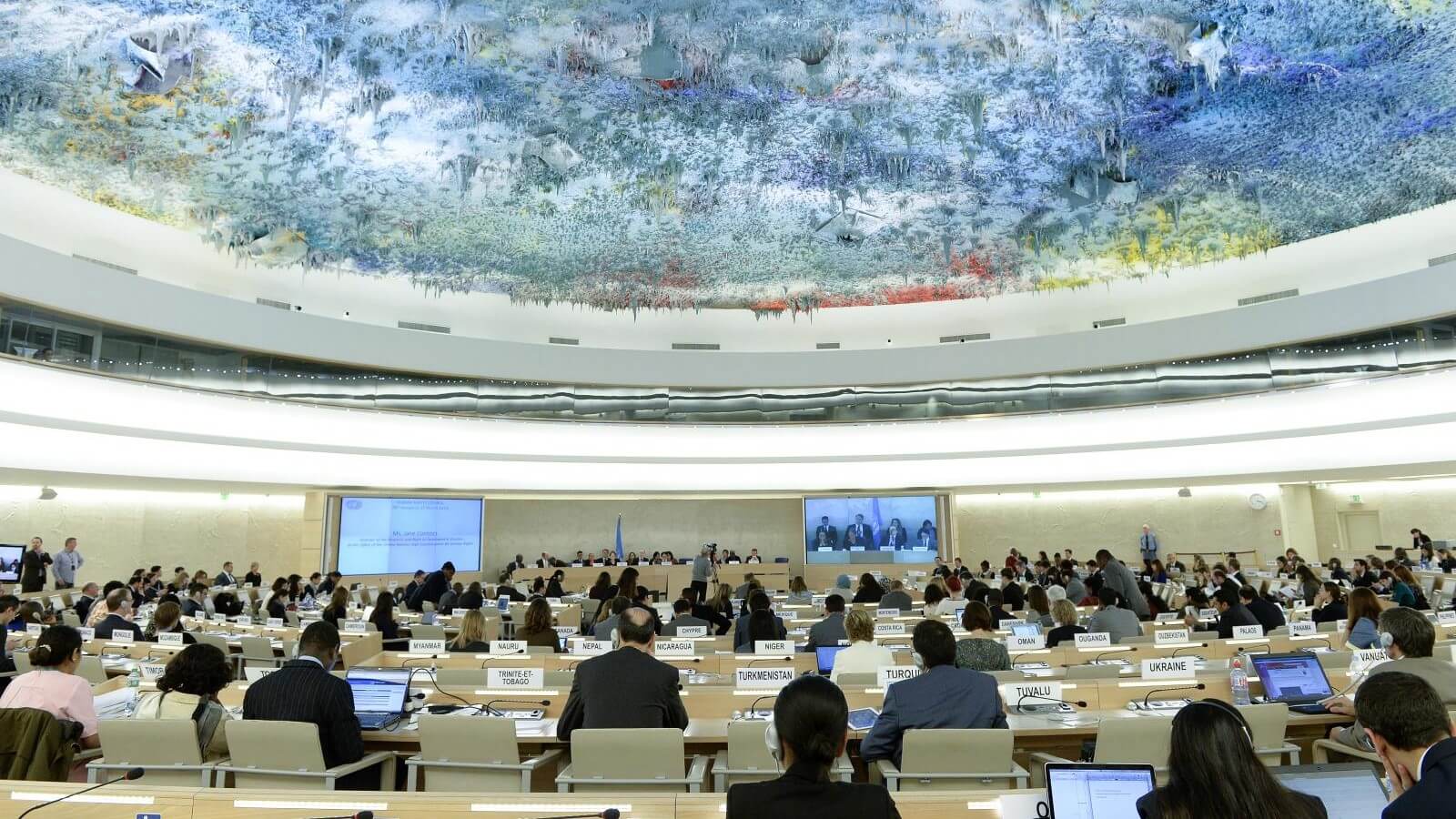
This collection of commentaries by experts in the science and human rights interface provides a variety of perspectives and additional context on the ISC’s ‘interpretation of the right to participate in and benefit from science‘ – an important milestone for the advancement of rights and obligations associated with science.
The interpretation proposed by the ISC for understanding the right to science as a right to participate in and benefit from science comes at a critical time.
Today, as much hope is being invested in science-based solutions to respond to the many challenges facing humanity and the planet, too little attention continues to be given to the human rights dimensions of science.
However, science cannot produce long-lasting positive results unless conducted within a human rights framework that fully integrates the importance of the right to science and that ensures both participation and access, in a context where it is understood that science is part of culture.
Hence, the right of everyone to take part in cultural life includes the right of every person to take part in scientific progress and in decisions concerning its direction. Individuals and groups draw from all cultural resources, including scientific resources, to develop themselves, arranging such resources in a way that is very particular to them, including to express their visions, to influence their living conditions or to overcome an ordeal. It is through such resources that people can aspire to a better future by identifying the elements they consider essential for a life with dignity.
The right to participate in science as a human right means that all individuals, without discrimination, are rights holders, however with varying modalities of participation. Science is certainly a field in which expertise should prevail and experts must be guaranteed participation and space to make their opinions heard. The circle of experts who have enhanced participation, however, is not as exclusive as it used to be and experts are not the only ones with the right to participate in science.
Thus, it is necessary to continuously review and improve the understanding of what science is, its biases and blind spots, who sits at the table to decide on its direction, which scientific evidence must inform decision-making, who benefits and who suffers from scientific advancements and how to mitigate risks.
This is crucial for marginalized peoples in particular indigenous peoples. Due consideration should be given to scientific diversity, acknowledging that scientific knowledge is produced by communities that are historically and culturally situated. That means understanding sciences in the plural form, from various traditions and cultural backgrounds, in various languages and following diverse ways of researching and carried by a variety of scientific or epistemic communities, from very local ones to cross-cultural ones.
Emphasizing that the right to science includes both participation and access, as the ISC interpretation does, is aligned with the UN Committee on Economic, Social and Cultural Rights’ position. The Committee moved away from a restrictive interpretation of article 15 of the International Covenant on Economic, Social and Cultural Rights focusing on the enjoyment of the benefits of scientific progress and its applications. As it confirmed in 2020 in its General Comment 25, the right protected in article 15 is a right to participate in and to enjoy the benefits of scientific progress, in terms of both knowledge and application.
If people are to be the primary beneficiaries of sustainable development processes and such development be culturally sensitive, self-determined and community led, they must be considered as full participants in science, and not mere beneficiaries. Access and participation in science are interdependent dimensions.
I welcome very much the ISC interpretation, which recalls these elements in a simple manner. It unfolds the contents of the right to science and can be used as a useful tool in conversations with States and other stakeholders on the elements they must respect, protect and fulfil.

Alexandra Xanthaki, UN Special Rapporteur in the field of cultural rights
Learn more about the work of the Special Rapporteur on the right to access and participate in science.
The International Science Council (ISC) has released its interpretation of the “right to participate in and benefit from science,” providing a clear framework for understanding this fundamental right.
The interpretation outlines the key obligations and responsibilities required to ensure universal access to science and scientific knowledge, while emphasizing the protection of scientific freedoms and the promotion of education. Aligned with the ISC’s Principles of Freedom and Responsibility in Science, it reinforces the vision of science as a Global Public Good.

The Right to Science
The International Science Council believes that there is a universal human right to participate in and enjoy the benefits of science, and that it is a responsibility of governments to create and sustain the opportunities of citizens to use this right.
The Right to ScienceDisclaimer
The information, opinions and recommendations presented in our guest blogs are those of the individual contributors, and do not necessarily reflect the values and beliefs of the International Science Council